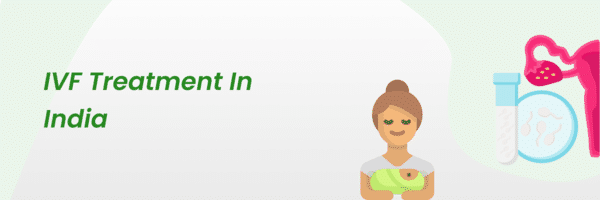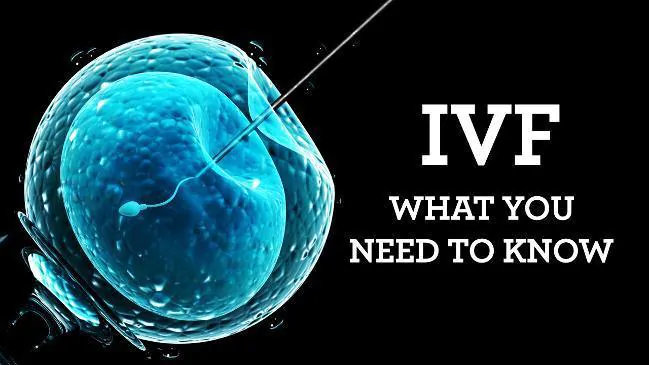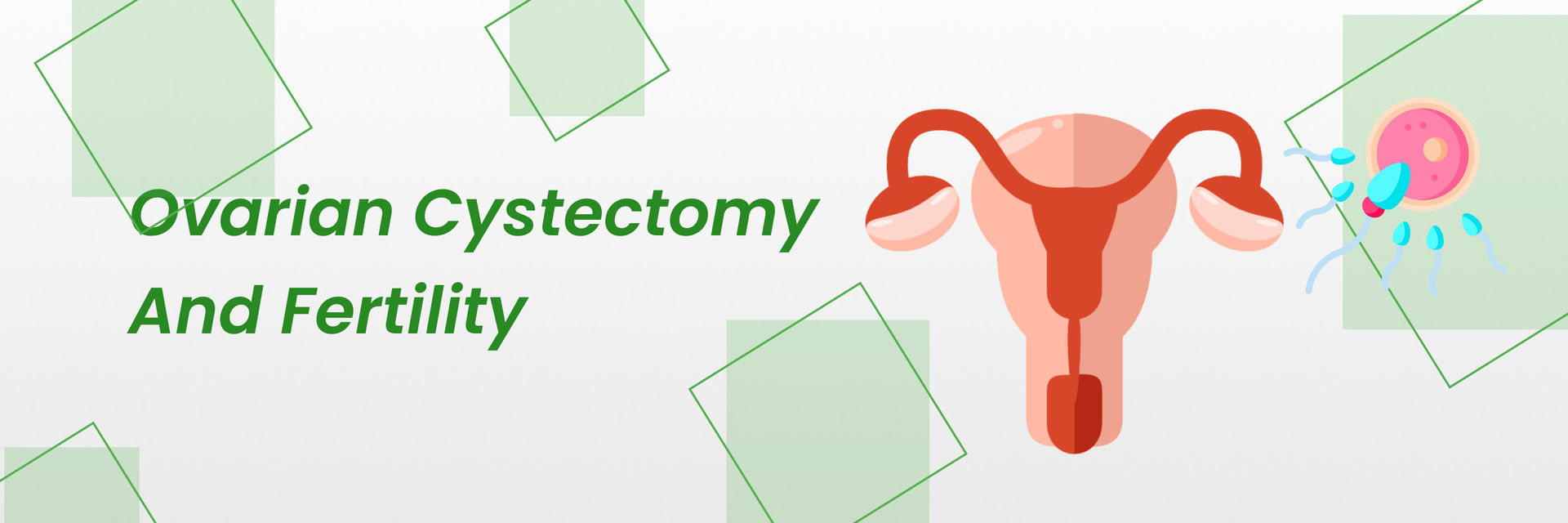Overview
When a significant portion of sperm cells have DNA that is damaged or fragmented, this condition is referred to as high DNA fragmentation. Old age, lifestyle choices, environmental factors, and underlying medical conditions are among the factors that may contribute to this.
High DNA fragmentation can make IVF less successful by preventing fertilization, slowing embryo growth, and raising the possibility of unsuccessful implantation or miscarriage.
Let’s look at some facts about DNA fragmentation:
Find out what causes sperm health and excessive DNA fragmentation.
Take the first step to recovery. Get in touch with us for your treatment.
What causes high DNA fragmentation in sperm?
High DNA fragmentation in sperm can result from some reasons, including:
Advanced Age:
Men's sperm quality may deteriorate with age, raising the risk of DNA damage and fragmentation.
Oxidative Stress:
DNA damage in sperm can be brought on by excessive oxidative stress. which can be brought on by things like smoking, exposure to toxins in the environment, or specific medical disorders.
Lifestyle Decisions:
Unhealthy lifestyle choices, such as binge drinking, drug use, an unhealthy diet, and a lack of exercise. might increase DNA fragmentation.
Genetic Factors:
Increased DNA fragmentation in sperm can be caused by hereditary diseases or genetic defects.
Medical illnesses:
High DNA fragmentation may be caused by illnesses like a varicocele (enlarged testicular veins), infections, hormone abnormalities, or chronic diseases.
Environmental Factors:
The integrity of sperm DNA can be affected by exposure to radiation, synthetic chemicals, pesticides, or other environmental contaminants.
Yet, not everyone who possesses these risk factors will have large DNA fragmentation.
Reveal the effects of increased DNA fragmentation on IVF results.
What happens if DNA fragmentation is high?
When DNA fragmentation is high, many effects may result:
Reduced Fertility:
Sperm with high DNA fragmentation have a much harder time fertilizing an egg. which results in a considerable reduction in fertility. It could result in fewer pregnancies and successful conceptions.
Risk of Miscarriage Increased:
Sperm with high levels of DNA fragmentation has been linked to a higher risk of miscarriage. Damaged sperm DNA can impact embryo growth and implantation, raising the risk of miscarriage.
Impaired Embryo Development:
Sperm with significant DNA fragmentation can have an adverse impact on embryo development. It might lead to slower cell division, poor-quality embryos, and a decreased likelihood of successful implantation.
Lower IVF Success Rates:
IVF procedures may be less successful in the presence of large DNA fragmentation. Lower success rates in assisted reproductive techniques might result from it since it can decrease the likelihood of successful fertilization, embryo development, and implantation.
Potential Genetic Effects:
Fertilization with sperm with significant DNA fragmentation may produce embryos with genetic flaws. This may result in miscarriages or the delivery of kids who have genetic abnormalities.
Examine if IVF is compatible with substantial DNA fragmentation.
Take charge of your health with the best treatment. Book your consultation now.
Does IVF work with DNA fragmentation?
DNA fragmentation doesn't stop IVF from working; yet the success rates might be harmed. Low success rates in IVF procedures are caused by high amounts of DNA fragmentation in sperm which can decrease the likelihood of successful fertilization, embryo growth, and implantation. The quality and viability of embryos can be affected by the damaged DNA in sperm.
But improvements in reproductive medicine are always being developed to deal with excessive DNA fragmentation and enhance the success of IVF. Antioxidants, DNA repair mechanisms, and sperm selection strategies are a few examples of cutting-edge approaches that attempt to improve sperm quality and raise the likelihood of successful fertilization and embryo development.
Discover the relationship between DNA fragmentation and the viability of the embryo.
Does high DNA fragmentation affect embryo quality?
Yes, sperm with significant DNA fragmentation can produce lower-quality embryos. High amounts of DNA fragmentation in sperm may result in embryos with reduced genetic integrity and less potential for development. Damaged sperm DNA can obstruct:
- the growth of an embryo
- slowing cell division
- altering embryo morphology
- decreasing viability.
A key element in the effectiveness of assisted reproductive technologies like IVF is the quality of the embryos used. High DNA fragmentation can reduce the chances of producing high-quality, implantable embryos. Poor embryo quality can lower implantation rates, raise the chance of miscarriage, and lower IVF success rates.
It's crucial to keep in mind that not all embryos produced from sperm with large DNA fragmentation will be of low quality. Despite DNA damage, some embryos may continue to grow.
Discover ways to improve IVF with high DNA fragmentation. Keep reading.
Can high DNA fragmentation be improved?
High DNA fragmentation in sperm is a complicated problem, but there are several steps that may be performed to make things better.
Lifestyle Changes:
A healthy lifestyle can have a favorable effect on the health of sperm. The quality of sperm, including DNA fragmentation, may be improved by:
- quitting smoking,
- consuming less alcohol
- eating a balanced diet
- controlling stress,
- and exercising often.
Supplemental antioxidants:
Antioxidants with the potential to lessen DNA fragmentation and enhance sperm quality include:
- vitamins C and E
- coenzyme Q10,
- selenium.
To choose the proper antioxidant supplements, speaking with a medical expert is advised.
Sperm Selection Techniques:
Advanced sperm selection techniques, like DNA fragmentation index (DFI) testing or sperm sorting methods like intracytoplasmic sperm injection (ICSI) with sperm DNA fragmentation analysis. It can aid in identifying and choosing sperm with lower levels of DNA fragmentation.
DNA Repair Mechanisms:
Current studies are focused on the creation of methods for fixing sperm DNA that has been damaged to increase DNA integrity and decrease fragmentation. DNA repair methods, such as the use of DNA repair enzymes or genetic engineering techniques, are being investigated.
Find out the likelihood of IVF success in cases of substantial DNA fragmentation.
What is the success rate of IVF with high DNA fragmentation?
DNA fragmentation, reproductive health, and treatment approaches are just a few examples of the variables that might affect IVF outcomes. Low success rates are caused by high DNA fragmentation, which lowers the likelihood of fertilization, embryo growth, and implantation. According to research, large DNA fragmentation can reduce a woman's chances of becoming pregnant by up to 50%. Damaged DNA in sperm can result in lesser-quality embryos, a decreased chance of successful implantation, and a higher chance of miscarriage.
The use of sperm selection techniques, antioxidants, and DNA repair mechanisms are a few of the options doctors may use to increase the likelihood of success in IVF with large DNA fragmentation. For couples dealing with this issue, these procedures seek to improve sperm quality, reduce the negative consequences of DNA fragmentation, and increase IVF success rates.
Your well-being is our priority - call us to book your appointment today.
References:





